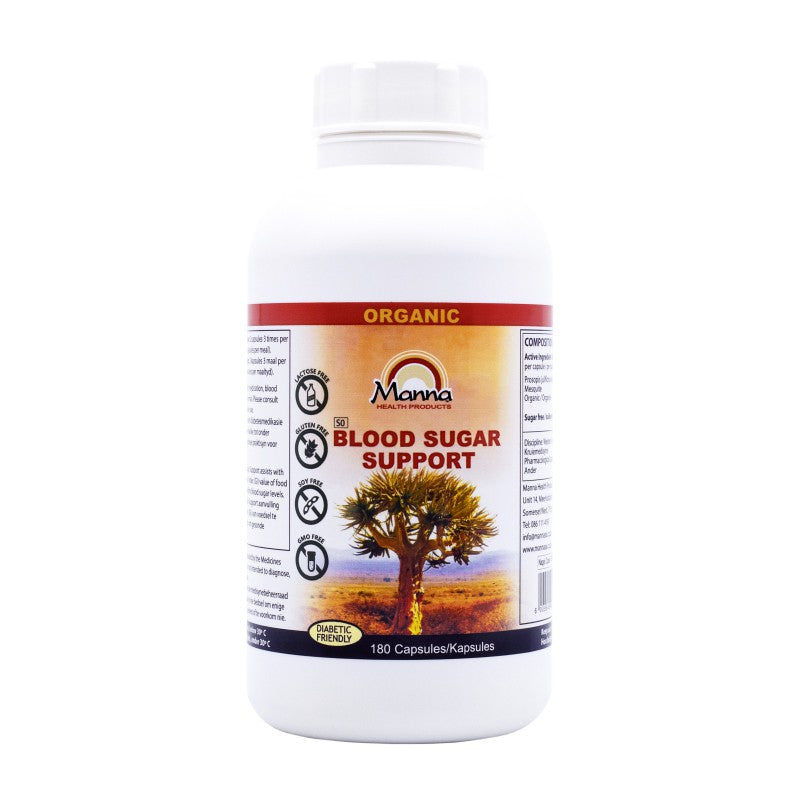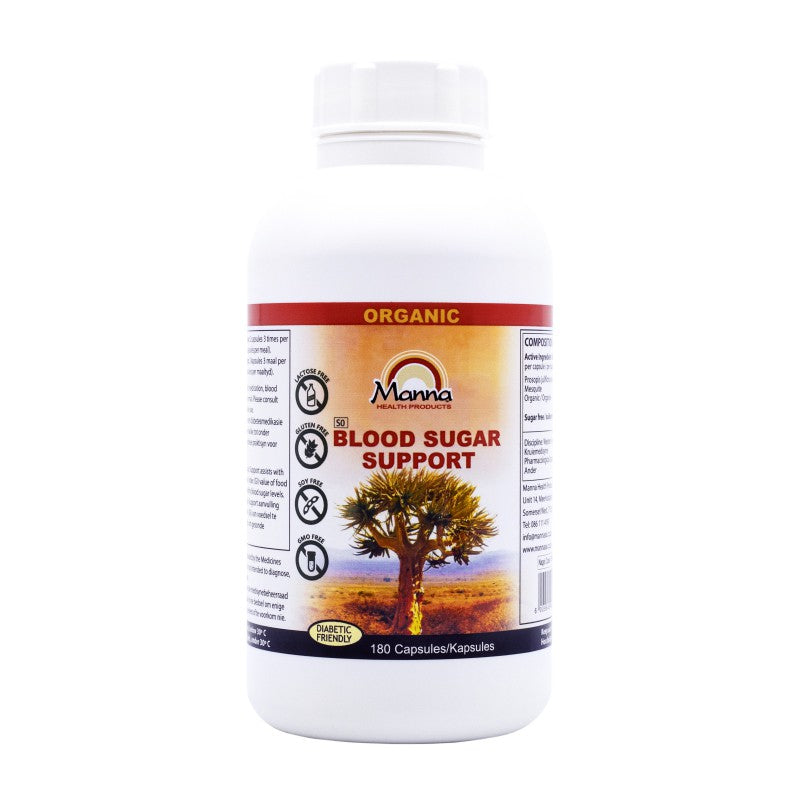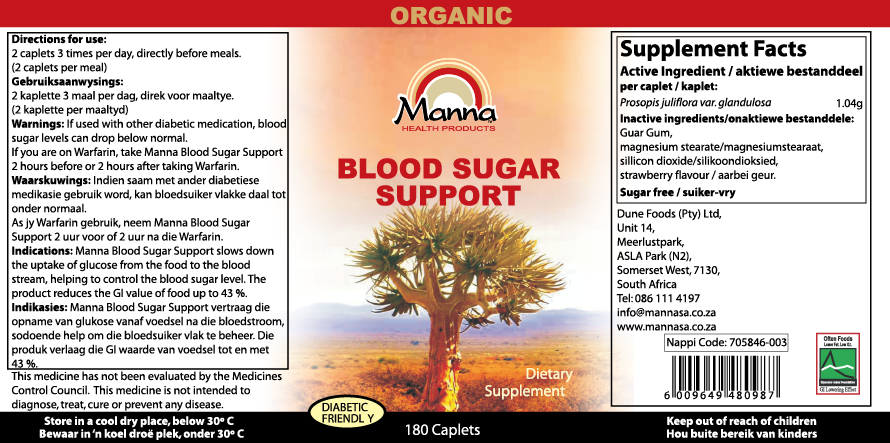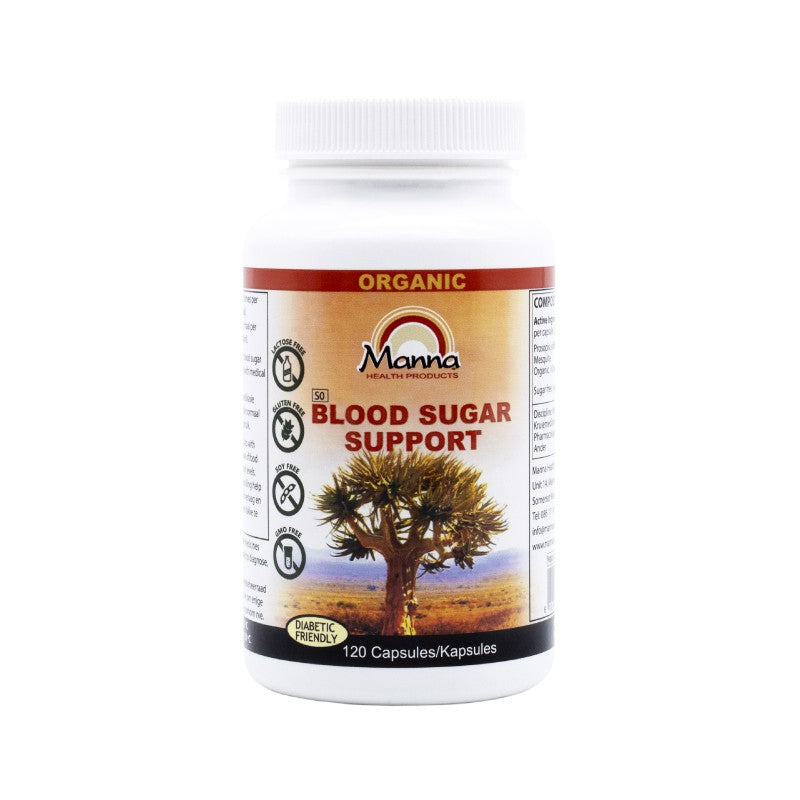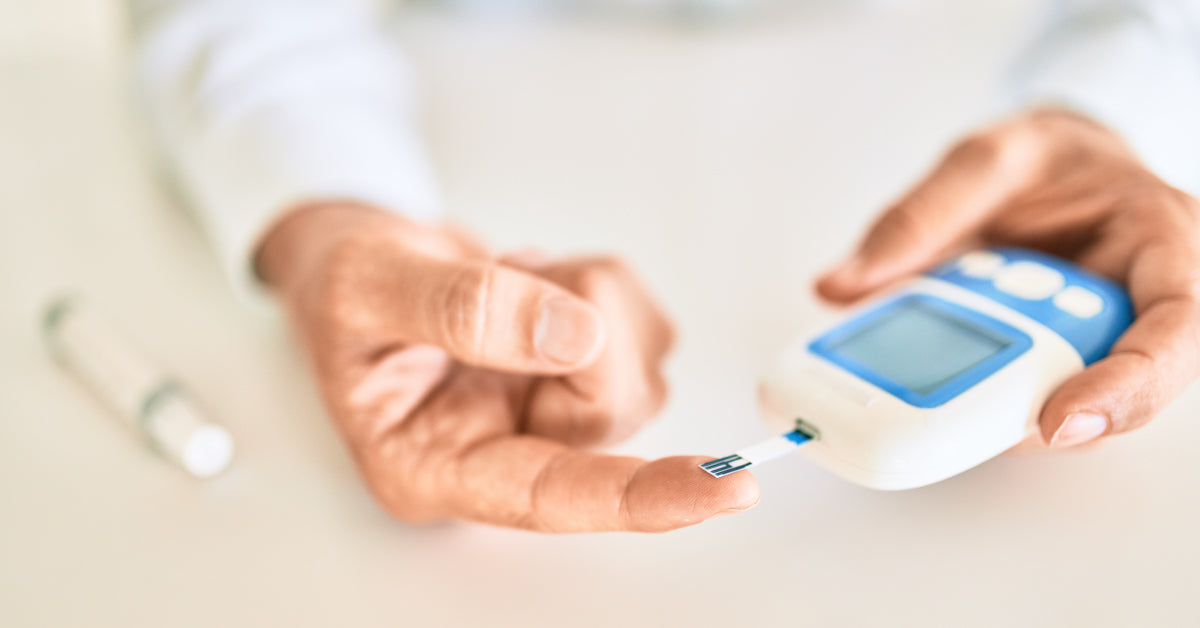Manage high blood sugar levels – look out for the following 15 things
High blood sugar levels, also known as hyperglycemia, cause diabetes and are also a symptom of the disease. Living with diabetes is life-altering as it disrupts your daily life – you must always be watchful of what you eat and need to check your blood sugar levels a few times each day. Diabetes also causes an array of serious health complications which include heart and blood vessel disease, amputation, blindness, and kidney disease.
Look out for the symptoms of high blood sugar levels to stop the onset of diabetes or manage the disease properly.
Fluctuations in blood sugar levels are normal
We all experience instabilities in our blood sugar levels. Eating sugar or any food high on the Glycemic Index (GI) will cause a spike in your blood sugar levels. Within 45 minutes, after eating something with lots of sugar, your blood sugar levels will be at their highest and then they slowly decrease. Within two hours they will be back to normal.
People with diabetes struggle to manage their blood sugar levels as they cannot lower them. Their blood sugar levels are constantly high. This happens because their bodies don’t produce enough insulin (a hormone produced by your pancreas) or can’t effectively use the insulin it makes.
It is insulin’s job to move glucose out of your bloodstream and into your cells. When glucose is not delivered to your cells, it builds up in your bloodstream. This puts an immense strain on organs and cells and leads to copious health complications.
What are normal blood sugar levels?
No magic number exists for “normal” glucose or blood sugar levels. While there are clinical guidelines on target goals for blood sugar levels. The 2022 standards from the American Diabetes Association (ADA) are a set of guidelines followed by many professionals in the diabetes field. They suggest that people who do not suffer from diabetes should have blood sugar levels of 99 mg/dL or below before a meal and 140 mg/dL or below after a meal.
What does it feel like to have high blood sugar levels?
Living with high blood sugar levels can have catastrophic consequences. Watch out for the following symptoms of high blood sugar levels so that you can manage your condition effectively.
Feeling tired
Too much glucose in your blood will cause fatigue. Blood with lots of glucose moves slowly and cells and organs are not getting enough oxygen which leaves you feeling tired.
Blurry vision
Persistently high blood sugar levels cause your eye’s lens to swell, and this affects your ability to see. Left untreated, the swelling can cause permanent damage to your eye.
Headaches
Headaches are early warnings that your blood sugar levels are not balanced. Headaches are caused by fluctuations in blood sugar levels. It might be that fluctuations in blood sugar levels will cause hormones like epinephrine and norepinephrine to become unbalanced which in turn can trigger a headache. These headaches usually take a few days to develop and can last for a while.
Lots of bathroom breaks
Excess sugar will be transported to your kidneys. Your kidneys will struggle to absorb the copious amounts of glucose and some of it will end up in your bladder. As the glucose goes into the urine it takes with it other fluids – filling up your bladder quickly. Hence, all the bathroom breaks.
Increased thirst
Because high blood sugar causes frequent urination your body would need more fluids. Increased thirst is your body’s way of protecting itself from dehydration.
You’re hungrier than usual
When your body is prevented from absorbing glucose (this happens when you have diabetes) your cells can’t convert glucose into energy. When your cells can’t produce energy, they’ll send messages to your brain convincing you that you’re hungry.
Difficulty concentrating
If your high blood sugar levels have been left untreated for a while it would negatively affect different organs in your body. The part of your brain that is responsible for your memory, clarity of thought, and ability to concentrate can also be affected causing memory loss, confusion, and difficulty concentrating.
Abdominal pain
A lot of people with high blood sugar levels have gastroparesis – a disease where your stomach can’t empty itself of food in a normal way. Symptoms include heartburn, nausea, vomiting, and feeling full quickly when eating.
Cuts and wounds that heal slowly
Uncontrolled blood sugar levels can hinder the healing of cuts and scrapes. Diabetes, which is associated with high blood sugar levels, causes nerve damage and affects blood circulation, especially in the lower legs and feet, which can delay healing because there isn’t enough blood flow to the area.
Recurring infections
When infections like conjunctivitis (pinkeye), colds, pneumonia, bronchitis, yeast infections, or sinus infections don’t go away with treatment or returns frequently it might be because of high blood sugar levels. There are many things that compromise your immune system, high blood sugar levels being one of them.
Itchy skin
Damaged nerve fibres at the skin’s surface caused by too much glucose in the blood could cause itchy skin.
Numbness in your hands and feet
Blood with lots of glucose moves slowly and the high levels of glucose also damage your blood vessels, making it difficult for blood to circulate through your body. Blood is not flowing to and from your hands and feet as it should causing numbness.
High fever
Because high blood sugar levels damage your immune system, you might experience high fevers.
Heart disease
Symptoms of heart disease can be indicators of high blood sugar levels. If you experience pain and discomfort in your chest, your heart might struggle with blood supply. Also be on the lookout for the following symptoms:
- Nausea
- Stomach aches
- Heartburn
- Indigestion
- Dizziness and light-heartedness
- High Blood pressure
Elevated blood sugar levels cause your blood vessels to contract more often. The narrowing of blood vessels causes your blood sugar to rise.
Takeaway
By managing your blood sugar levels effectively, you can prevent the onset of diabetes or hinder the progression of the disease. Be sure to be on the lookout for the symptoms of high blood sugar.






